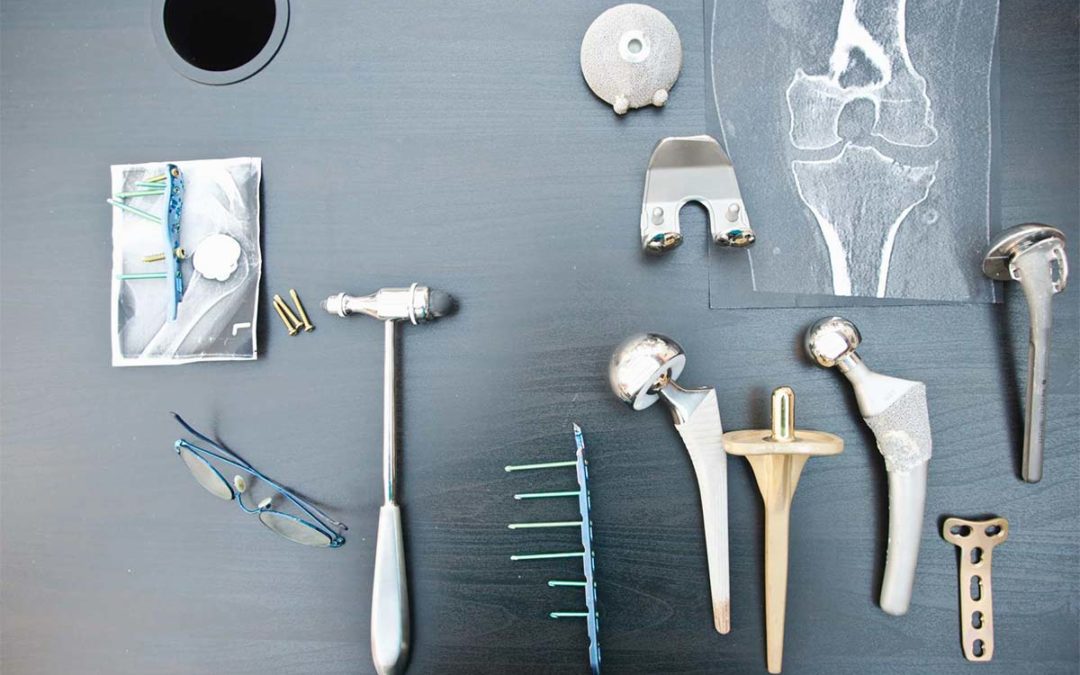The title ‘doctor’ is a general classification that can be broken down into many specialties ranging from anesthesiologists, cardiologists, dermatologists, family physicians and orthopedists. It can be confusing on which doctor to call when you suffer from an injury or have nagging pain. We can help determine when it is necessary to consult an orthopedic doctor instead of a primary care doctor.
The Role of a Primary Care Doctor
Primary care physicians (PCPs) provide comprehensive health care for a patient of any age. They diagnose, treat and manage acute illness or injury to the body. These doctors can diagnose the injury and will refer an orthopedic doctor for treatment.
Bone issues aren’t generic and require a specialized diagnosis in order to find the cause of the problem. For example, a fracture isn’t treated similarly to a dislocation. There is a potential for underlying conditions unique to both injuries that need to be addressed before administering a treatment plan.
The Role of an Orthopedic Doctor & the Advantages
Orthopedic doctors specialize in musculoskeletal issues, also referred to as the bones, joints, ligaments and spine. Also known as orthopedic surgeons, they diagnose, advise on treatment options and perform surgeries for conditions such as osteoporosis, back pain, arthritis or joint injury. They also treat fractures and dislocations.
If you have back pain, carpel tunnel or a shoulder injury, it’s recommended to visit an orthopedic doctor for an efficient diagnosis. As an added advantage, most specialty clinics like an orthopedic clinic, recognize multiple types of health insurance. Check with your insurance provider to ensure you are protected before seeking treatment.
When should you consult an orthopedic doctor?
You should consult an orthopedic doctor if you experience any of the following symptoms:
- Persistent joint pain without any known injury
- Muscle strains or sprains
- Back pain
- Stiff neck and general neck pain
- Sports-related injuries
- Unexplained arm and hand weakness
Takeaway
To summarize, a primary care doctor specializes in many areas of health care, providing treatment options for a variety of conditions. They often recommend patients to an orthopedic doctor for more specialized remedies if necessary. An orthopedic doctor, or surgeon, is certified to diagnose and treat bone, ligament, muscle and joint disorders. They have the ability to treat patients with both non-surgical and surgical methods.
If you have joint pains or any bone-related pain, visit an orthopedic doctor. At Missouri Orthopedics & Advanced Sports Medicine in St. Louis, we have state-of-the-art facilities and qualified orthopedic doctors who can quickly diagnose and begin a treatment plan that’s right for you. To schedule an appointment, or for more information on the variety of injuries we treat, contact us today!

